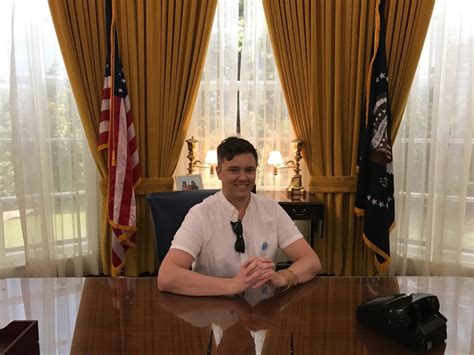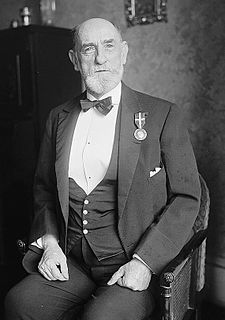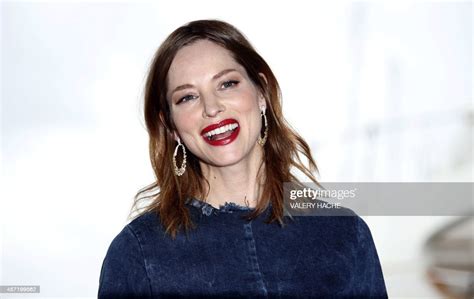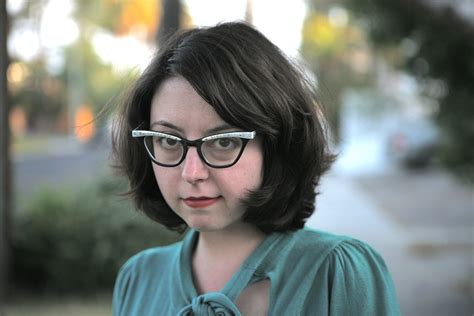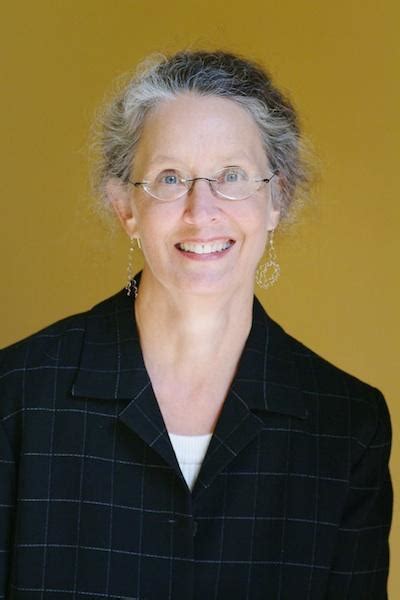A Quote by Jonathan Lethem
I've just finished reading Reality Hunger and I'm lit up by it-astonished, intoxicated, ecstatic, overwhelmed. . . . It really is an urgent book: a piece of art-making itself, a sublime, exciting, outrageous, visionary volume.
Related Quotes
Reading is sometimes thought of as a form of escapism, and it’s a common turn of phrase to speak of getting lost in a book. But a book can also be where one finds oneself; and when a reader is grasped and held by a book, reading does not feel like an escape from life so much as it feels like an urgent, crucial dimension of life itself.
Reading is everything. Reading makes me feel like I've accomplished something, learned something, become a better person. Reading makes me smarter. Reading gives me something to talk about later on. Reading is the unbelievably healthy way my attention deficit disorder medicates itself. Reading is escape, and the opposite of escape; it's a way to make contact with reality after a day of making things up, and it's a way of making contact with someone else's imagination after a day that's all too real. Reading is grist. Reading is bliss.
When we want a book exactly like the one we just finished reading, what we really want is to recreate that pleasurable experience--the headlong rush to the last page, the falling into a character's life, the deeper understanding we've gotten of a place or a time, or the feeling of reading words that are put together in a way that causes us to look at the world differently. We need to start thinking about what it is about a book that draws us in, rather than what the book is about.
I had just finished reading The Day of the Locust when this piece was brought to my attention, and I was like, "How do you create art in the system, the way it is?" Looking around the studio film landscape, there are all of these great superhero movies, which is fantastic, especially for my kids, but it's hard to find real art house films in the studio system, these days.
There's a fantastic, thousand-page book by David Thomson about [David O. Selznick]. Again, it's not the best argument or the best advertisement for his story, because most people aren't going to read a thousand-page book. But I feel like the rise and fall and the work [Mayer] produced - not just the movies, but the memos, the volume of writing - he's just so passionate, and that's really exciting.

